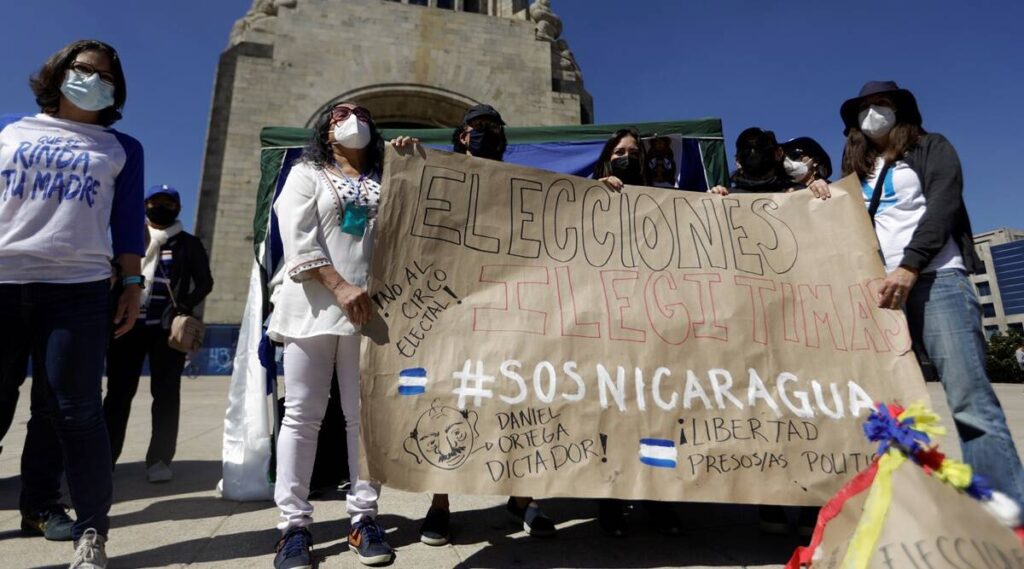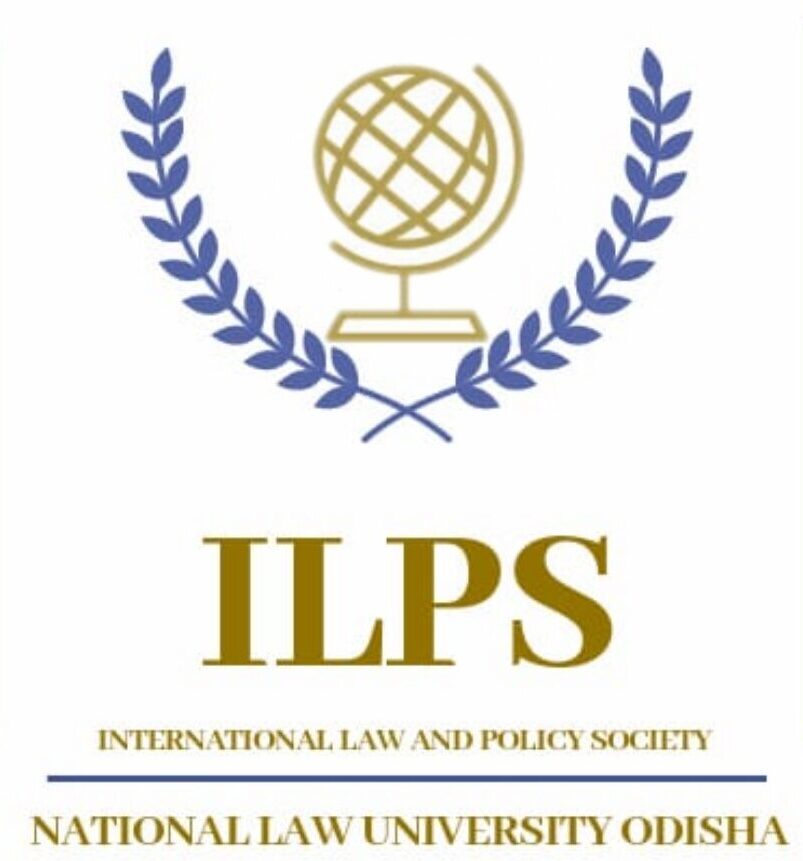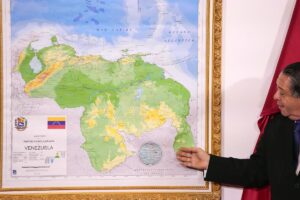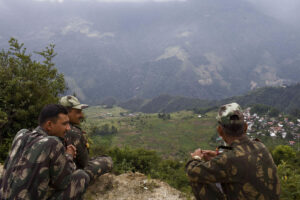
Nicaraguan President Ortega is bent on aggravating his arbitrary politics in the subcontinent as he delineates a new election law that essentially bans opposition from the 2021 elections. The new election law ushers’ immoderate power on the government to declare any citizen as a “terrorist” or “traitor to the homeland” and forbids them from running as candidates. The member states of the Organization of American States (OAS) and the European Union (EU) have reprimanded this step taken by Ortega’s government as it is a blatant destruction of democracy.
Under the law, a “traitor” is anyone deemed to “lead or finance a coup, alter the constitutional order, promote or incite terrorist acts, carry out acts that undermine independence, sovereignty, and self-determination, incite foreign interference in internal affairs, request military interventions, organize with foreign funding to carry out acts of terrorism and destabilization, propose and organize economic, commercial and financial blockades against the country and its institutions, those who demand, praise and applaud the imposition of sanctions against Nicaragua and its citizens, and all those who damage the supreme interests of the nation recognized in its legal system.”
The approach behind this law is completely vague as it lacks clarity in defining the so-called term “Traitor”. Furthermore, this law will facilitate Ortega to declare any candidate as a traitor which will hinder free and fair elections, eventually hampering the democratic process. This law is also irreconcilable with the domestic as well as regional human rights law. Democracy has been through a lot of hardship in Nicaragua and this decision will make the situation of democracy grimmer for Nicaraguans.
In this article, the authors reflect on the struggle of democracy in Nicaragua, followed by an orderly perusal of the long-term impact of this new law. This article argues that this law is a setback to Nicaragua’s process of democratic construction as it threatens the free and fair election process, which is a fundamental principle of democracy.
Background
The incumbents of Nicaragua have been exploiting economically challenging circumstances since the start of this century to strengthen their grip on power. Nicaraguan politics is drenched with hegemony as the country’s ruling party has exploited its power in areas like public security, social policy, and the economy. Since 2006, when Daniel Ortega made an improbable comeback as the president, he has completely pulled apart Nicaragua’s young democracy. Ironically, Ortega and his retinue have just about total control over the executive branch, most of the judiciary, Congress, the police, and the national army.
The situation of Nicaraguan democracy is getting more daunting each passing day as the dynastic rule of Ortega and his family is halting the return of multiparty democracy or an orderly political transition in Nicaragua.
Ball Game of human rights in Nicaragua
Nicaragua has ratified the International Covenant on Civil and Political Rights (ICCPR). Article 25 of the same guarantees every citizen a right to take part in the conduct of public affairs directly or through freely chosen representatives. This right mandates that any restriction on the right to run or hold public office should be based on objective and reasonable criteria.
The American Convention on Human Rights, which has been ratified by Nicaragua, provides in Article 23 that a law may regulate political rights, including the right to vote, only based on nationality, residence, language, education, civil and mental capacity.
The new election law introduced by the Nicaraguan cabinet is a gross transgression of the above-mentioned rights, as the new law has turned out to be a fiasco in drawing a demarcating line between a traitor and a normal citizen. For example, the law is silent on determining the people who “undermine independence, sovereignty and self-determination” or “damage the supreme interests of the nation”, furthermore, there is no criteria for ascertaining how such a determination would be made.
Nicaragua has been violating international as well as domestic laws for the past two decades. Article 53 and 54 of the Nicaraguan Constitution recognizes the citizens’ right to a peaceful gathering without prior permission. These laws were brutally violated with a display of vicious tyranny.
As Nicaragua is a member of the United Nations Organization (UNO), it should respect and enhance basic human rights such as freedom of expression which are enabled for all human beings without discrimination.
New Election Law: A catalyst for Democratic Backsliding
Since the end of the Cold War, most democratic breakdowns have been triggered not by generals and troops but by elected governments themselves. Today, there is a dangerously mistaken electoral path to breakdown as democratic backsliding starts at the polling station.
The demise of democracy is instant and clear to everyone in a classic coup, as in the case of Pinochet in Chile. In such cases, the Prime Minister’s Palace is burned, the chairman is killed, imprisoned, or forced to exile and the Constitution is suspended or repealed. All this is not happening on the electoral road. In the streets, there are no tanks. Constitutions are still in place, and some nominally representative institutions still exist the way they were supposed to exist. People are still voting. Elected tyrants still hold a democratic overlay while their substance is being gutted. In the sense that they are supported by the legislature or accepted by courts, many governments that attempt to subvert democratic rights are “legal.”
Able and just elections require a culture that inspires people to vote, that gives room for free media and civil society to function and campaign, and that establishes a judiciary capable of acting fairly. Free and fair elections must take on the utmost importance if democracy is to succeed and if the rule of law is to survive.
In the majority of cases, the weakening up of constitutionalism is, often orchestrated by governments in the interests of the incumbent president. The political sphere has been excessively fragmented and polarized. In some cases, direct violence, and the political space has declined further depicting the relationship between failure to uphold constitutional standards and authoritarianism. Leaders who force constitutional modifications to shrink or perpetuate political space in power are embalmed by applying the same impunity to other aspects of governance.
The implementation of this new electoral law for personal or partisan benefit appears, in the present case, as a warning sign that democratic retrogression is more troubling, which suggests a weakening of checks and balances.
Delicate constitutional structures weaken obligations and discourage leadership renewal. The lack of liability structures that follow temporary bounds evasions is a key factor in the capturing of state politics by insiders, which are then monopolized by support, prebends, and exploitation for access to economic influence. Consequently, state capture strongly constrains economic development, impedes participation in the country’s economy by wider segments of society, and impedes the emergence of a feasible private sector.
It has been noted that in Africa, democratization attempts have, in a number of instances, been stifled by leaders who when democratically elected, have revised the rules of the game once in office, or used supplementary tools of power to curtail democratic space and preserve power. Leaders from countries such as Tanzania, Benin, and Senegal have been ranked ‘partly free’ only by Freedom House in 2019, which was a former democratic success story.
A relative method demonstrates how elected autocrats use strikingly similar tactics to distort democratic institutions in various parts of the world. The progress towards breakup becomes less ambiguous as these trends become apparent and easier to battle. It is important to those who want to defend Nicaragua’s democracy today to know how people in another democracy have successfully defied elected autocrats or why they, unfortunately, have collapsed.
The Way Forward
Building a firewall against democratic backsliding in Nicaragua requires a combined effort among Nicaraguans, democracy advocates, and the international community at large. The international community needs to amplify public diplomacy on measures that strengthen democracy and good governance, engage in bilateral or multilateral engagements, and pressurize the anti-democratic government through international organs such as the United Nations.
The best that can be said about the precedents for the United Nation’s role is that it helped in democratizing Cambodian politics. This is particularly true as a result of the overt involvement by the United Nations Transitional Authority in Cambodia (UNTAC) in 1992–1993, is that it has been positive. Coercive efforts to reform Cambodia were blocked by the country’s structurally deep-seated challenges, which thwarted any effort to enforce liberal ideals from the outside. In Cambodia, UNTAC laid a solid base for democracy and human rights. The mission’s electoral aspect was the most competitive. Its human rights aspect promoted human rights education and investigated human rights violations. The United Nations has done an admirable job of keeping Cambodia’s government at least rhetorically committed to the promotion of human freedom and civil liberties by attempting to spread liberal democratic ideals throughout the country.
Despite these challenges, there are reasons for hope and opportunities in Nicaragua for democratic advantages, especially if interactions between various pro-democracy advocates are established and preserved. Civic society is the “last line of defence” against democratic erosion and the inevitable crash. This erosion is mainly due to the deficiency of two things: the deficiency of control and balance institutions, and deficiency of the capacity of desirable autocratic people to establish a “uniform playing field” during elections through legislative and administrative force.
This article is written by Ruchir Joshi & Shaurya Shukla



